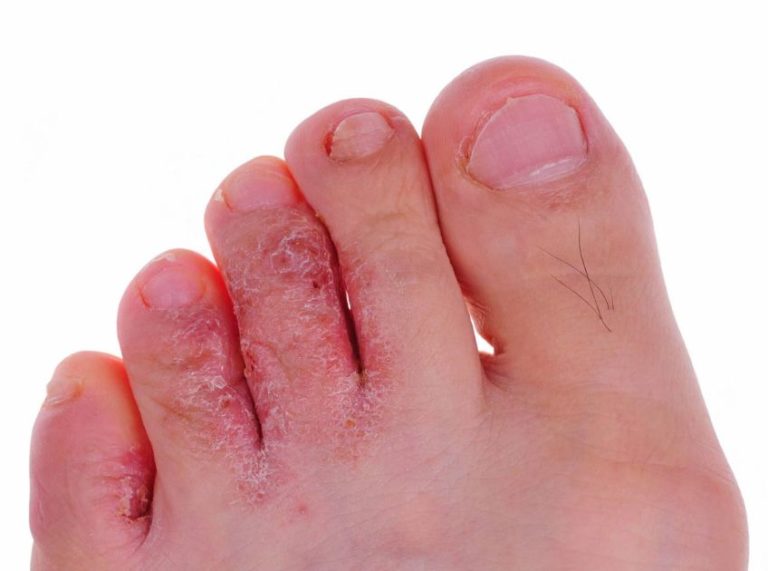
Important: This article is for informational purposes only. Please read our full disclaimer for more details.
A pinched nerve is a nerve that gets compressed and causes a lot of pain. As we all know, nerves extend from the brain and spinal cord to all parts of the body. They transmit signals for balancing out the functions and reaction throughout the body. Usually when a nerve is under compression, this transmission of signals turn painful and one needs to seek medical help. To help you all tackle the pinched nerve better, we have listed out the causes , symptoms and treatment for a nerve compression. Diagnosing the underlying cause of a pinched nerve is extremely important. The earlier it is diagnosed, the sooner it can be treated to give you relief. Let’s have a look how to fix a pinched nerve.
Causes Of A Pinched Nerve
When there is compression or any kind of pressure on a nerve, that particular nerve is called a pinched nerve. The pressure on the nerve could be because of repetitive motions or from keeping your body in a stagnant state for very long. Some of the major causes are mentioned below.
Lack Of Travel Area For Nerves:
This kind of a compression is usually observed in body parts that has less of soft tissues. The nerves around this area are most vulnerable and tend to get affected very soon. Usually this kind of nerve compression is observed around areas like the ligament,tendon and bone. This extreme narrow area makes it difficult for the nerves to travel and causes severe pressure and immense pain.
Inflammation on a Nerve Root:
Sometimes pressure at the nerve root can cause a pinched nerve in an extended area of the body, where the nerve is traveling to. Pressure on a nerve root from the spine can cause severe neck or low back pain. This pain can affect the shoulder and arm too, if not treated at the right time. Compression on nerve root can cause cervical radiculopathy where the nerves leading to the shoulder and arm are affected or it can lead to lumbar radiculopathy, where the pain radiates into the leg and foot.
Changes In Spine’s Discs And Bones:
Any kind of change that develop in the spine’s bones and discs can cause severe compression. This compression would leave a severely pinched nerve that would need immediate treatment. If one develops a herniated disc, where a disc is either weak or torn, the compression increases on the spinal nerve.
Injury To The Neck or Arm:
In the case of an injury to the neck or arm, the nerves get damaged and tend to get clustered at one place. This cluster then mounts pressure on the extended nerves that affect the elbow, hand, fingers and wrist. If left untreated, this can lead to conditions like peripheral neuropathy, carpal tunnel syndrome and tennis elbow.
Fluid Build Up:
The nerves function may be interfered due to severe compression for a longer period. This breaks down the protective barrier around the nerve that can lead to swelling,extra pressure and scarring.
Now that we have a fair knowledge on the different causes of a pinched nerve, we should look into the symptoms to find out if we have a nerve under compression.
Symptoms of Pinched Nerve
The most evident and easily traceable symptom of a pinched nerve is pain. Sometimes this indication might be enough and would need immediate medical assistance. However, the kind of pain one encounters can vary from an individual to individual. The most common symptoms of pinched nerves are the following types of pain.
Pain In The Compression Area: This is the most common symptom. Pressure on the nerves around the affected area can cause pinched nerves. The most common areas affected are the neck and low back.
Radiating Pain: Sometime the pain is not localized. The pain keeps traveling around areas of the affected part and gets excruciating. These kind of pain is like that of sciatica.
Numbness: Compression in the nerves can cause nerve damage that can lead to numbness around the affected areas. A few might feel a tingling effect too.
Burning Sensation: This symptom usually occurs when there has been a prolonging issue of compression in nerves. If one is suffering from this, they should immediately seek medical help!
Weakness: Compression in nerves can cause weakness and severe exhaustion.
These symptoms can take time to show up. Most commonly they occur when we try to do certain movements that are not routine. Symptoms can vary , and as per the symptom the appropriate treatment has to be done.
How To Fix A Pinched Nerve Treatments
Let us know have a look at the treatment for pinched nerve.
1. Rest The Affected Area: Sometimes the best thing to do is resting the affected area or body part and restricting any movement. Avoiding any kind of activity that worsens the condition is strictly recommended. The more you rest, the faster it will cure.
2. Cold Pack: To shrink the swollen tissue around the nerve , an ice pack therapy is recommended. This helps in releasing off the pressure and can reduce pain too.
3. Removal Of Pressure Particle: In severe cases, the material that is causing the compression or pressing the nerve has to be removed surgically. Usually a scar tissue, pieces of bones or disc material cause compression.
4. Non-Steroidal Anti-Inflammatory Drugs: Doctors prescribe and administer NSAIDs like aspirin, ibuprofen and naproxen to reduce swelling and pain. Self medication can cause many health hazards, so before you take these medicines please consult a doctor.
5. Narcotics: These are prescribed by doctors to individuals suffering from chronic pain because of the pinched nerve. Narcotics are prescribed for a brief period.
6. Administering Steroid Injections: Steroids injections can give quick relief from the pain and reduce swelling of the inflamed nerves. However, prolonged use of steroids have adverse health effects as well.
7. Physiotherapy: Regular physiotherapy can reduce compression and help in strengthening muscles.
8. Splint: A splint allows muscles to rest for brief periods and can help release the compression soon.
Depending on the severity of your condition, the doctors will assign the right treatment and explain the estimate time of recovery. So if you have been suffering from these symptoms, visit the doctor at the earliest!
You Might Also Like:
- 6 Simple Yoga Poses for Neck Pain Relief
- Yoga for Pinched Nerve – 4 Best Yoga Poses to Heal a Pinched Nerve
- Yoga for Osteoporosis – 7 Best Poses to Prevent Osteoporosis
- Rise and Shine: 7 Best Yoga Poses to Open Your Chest and Shoulders
- Yoga for Hip Pain: 6 Effective Yoga Poses to Relieve Hip Pain
- Yoga for Hips – 10 Best Yoga Poses to Keep Your Hips Tight and Strong
- 10 Easy Yoga Warm-Up Poses to Energize Your Practice
- What Happens to Your Body When You Hang Eucalyptus in Your Shower
- 12 Simple Ways to Fall Asleep Fast
- 7 Simple Ways to Treat & Prevent Sore Nipples at Home
- 6 Best Essential Oils For Bell’s Palsy
- My Beauty Spot Deep Cleansing Facial Wipes Review
- Deep Hydration & Repair: Clinique Smart Night Cream
- How to Apply Highlighter Makeup Correctly?
Image:- 1

















